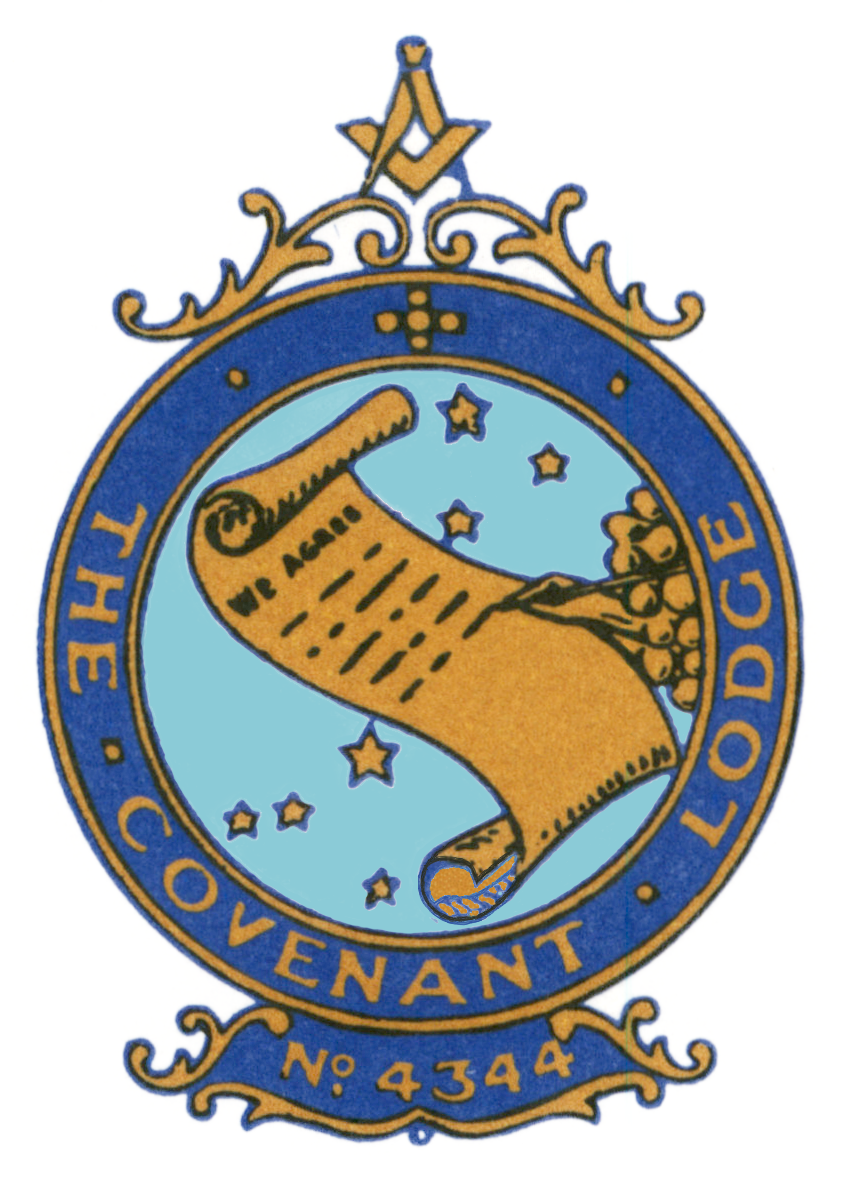Over the last five years or so, a great deal of navel gazing has been done within Freemasonry. Prompted by a sense of failure to connect properly with society as a whole, declining membership and an unsettling distrust of Freemasonry amongst the general public, clearly something had to be done to understand the problem and make any necessary corrections.
A lot has been done to analyse what has caused a reduction in the natural flow of new members and what leads some Freemasons to leave the fraternity after joining. Committees have formed opinion surveys commissioned to seek an answer to the fundamental question, “does Freemasonry have a future in the 21st-century”?
Thankfully, some of the most pressing issues have already been addressed and a clear plan of action now exists with the aim of communicating to all lodges how to buttress and secure the future of Freemasonry in the UK. We have begun to recognise the image problem Freemasonry has acquired over the course of the last 100 years. We have an oh which is elegant and clean looking. Efforts are being made to encourage individual lodges to become far more open about general activities of Freemasons and this trend towards openness started to make a positive difference.
We are becoming more structured and professional in handling the stages of recruitment. Nothing beats clarity, openness and honesty with prospective new members. Freemasonry is by no means exempt of internal politicking, to mention only one human factor and the clearer we are about this and other facts at the outset, the more likely it is we will not lose members through disillusionment.
More work needs to be done to find the optimal balance between disciplining offensive public behavior done by Freemasons and forgiving it. Finally, we are beginning to stress again to old core values; love of all others and truth-seeking through personal interaction.
There are some snags, though. The most significant of these comes into play because all lodges are private which means, in a great measure, they are autonomous, and this means each individual lodge must choose how to act. Inertia is undoubtedly a feature here and, because of this, positive change may be slow in coming.
Above all, we must avoid becoming nothing more than a charitable institution with a few extra knobs and whistles.
Assuming we do all of this, Freemasonry has a great future.
